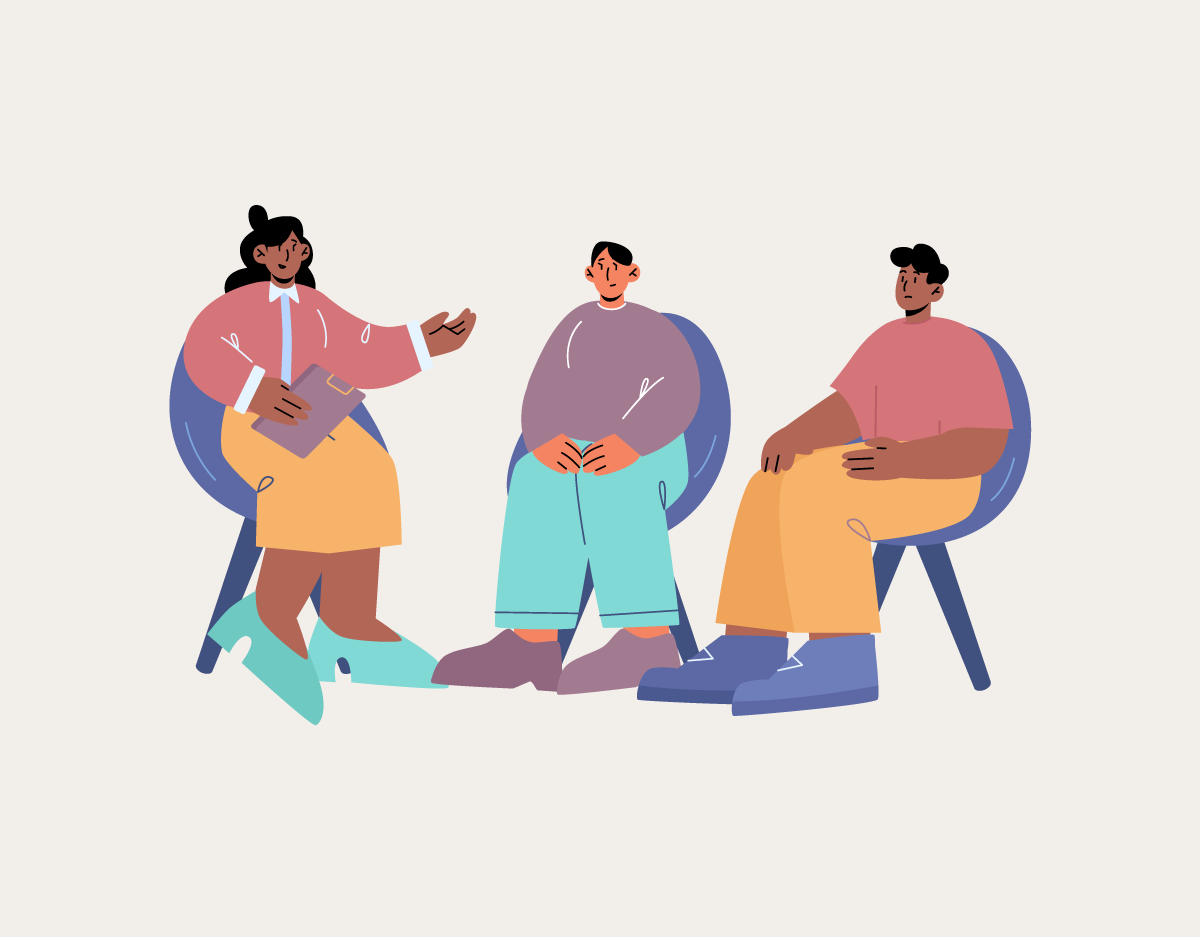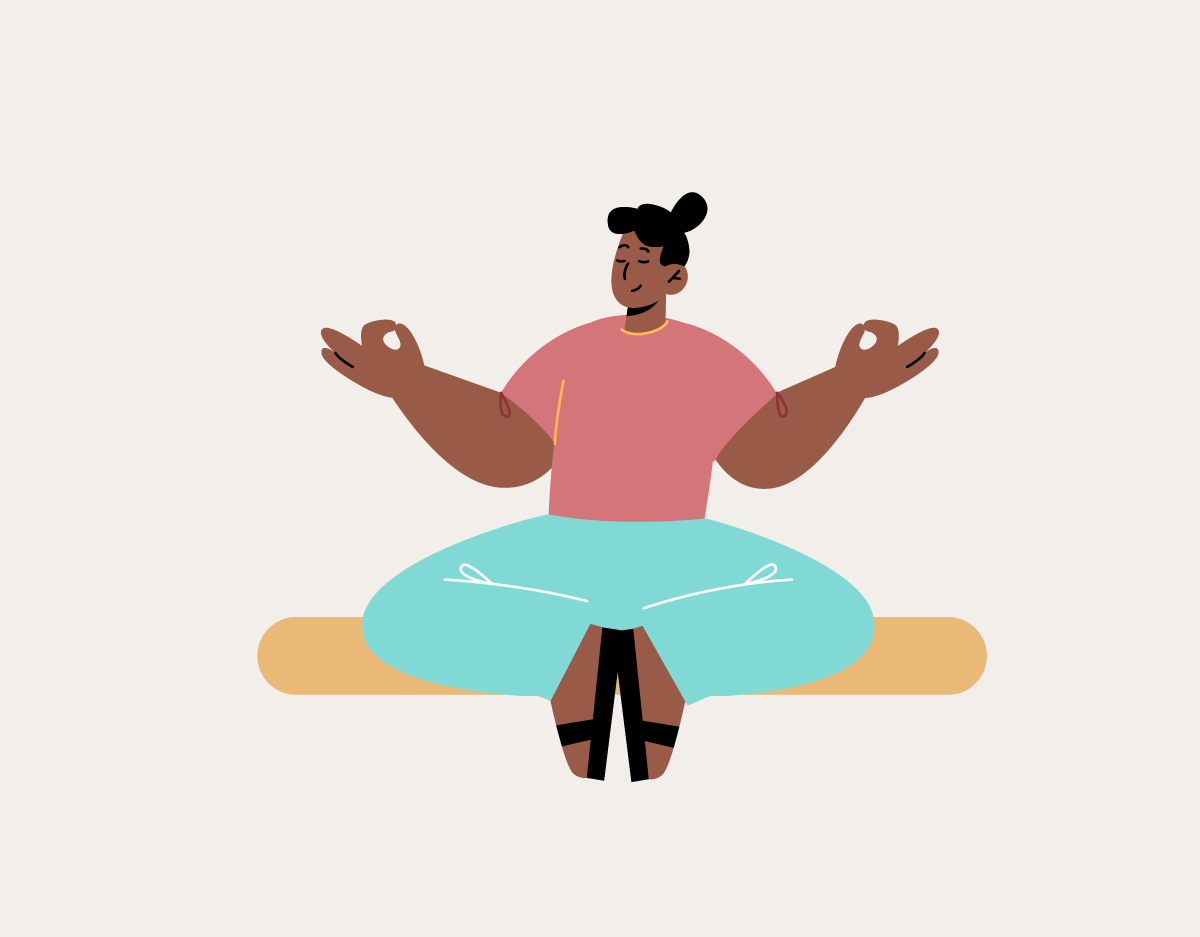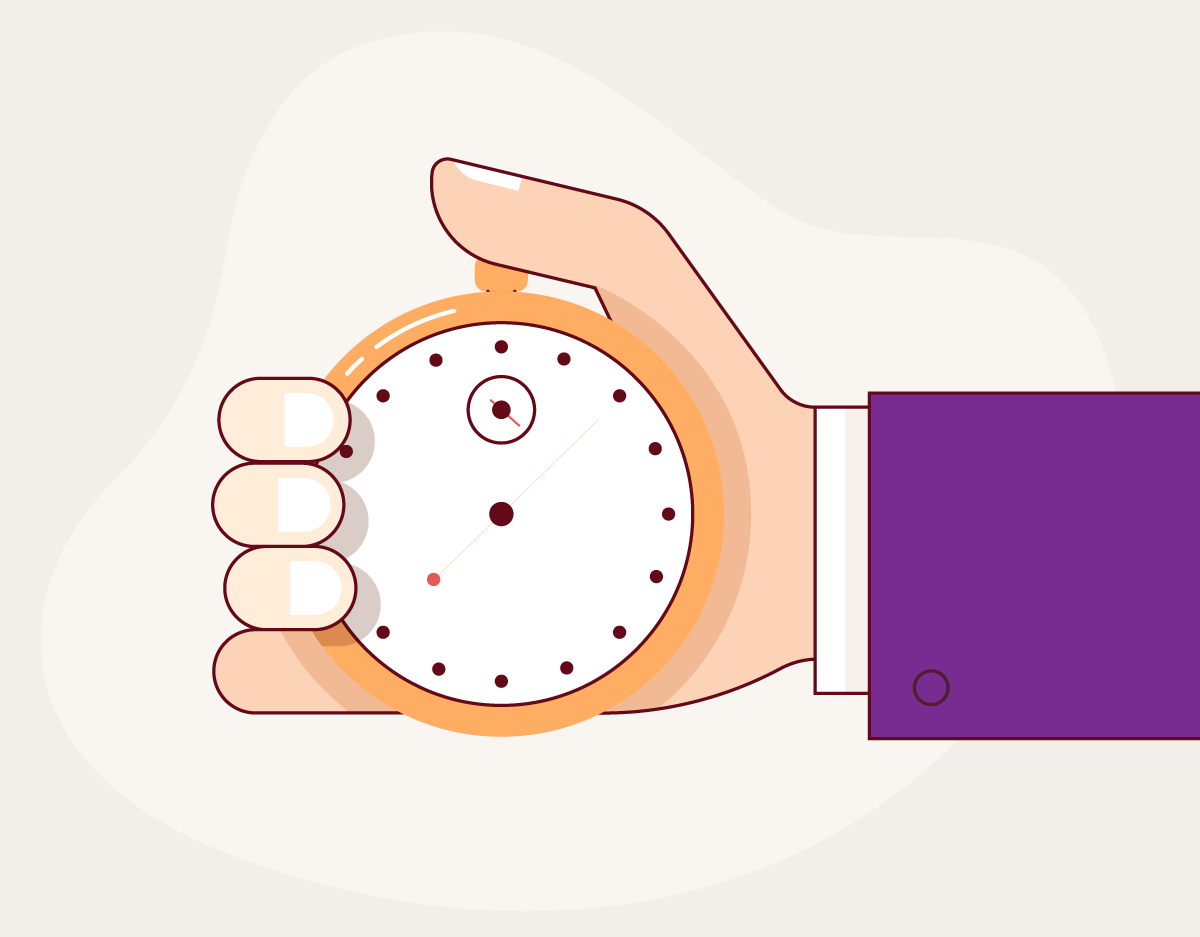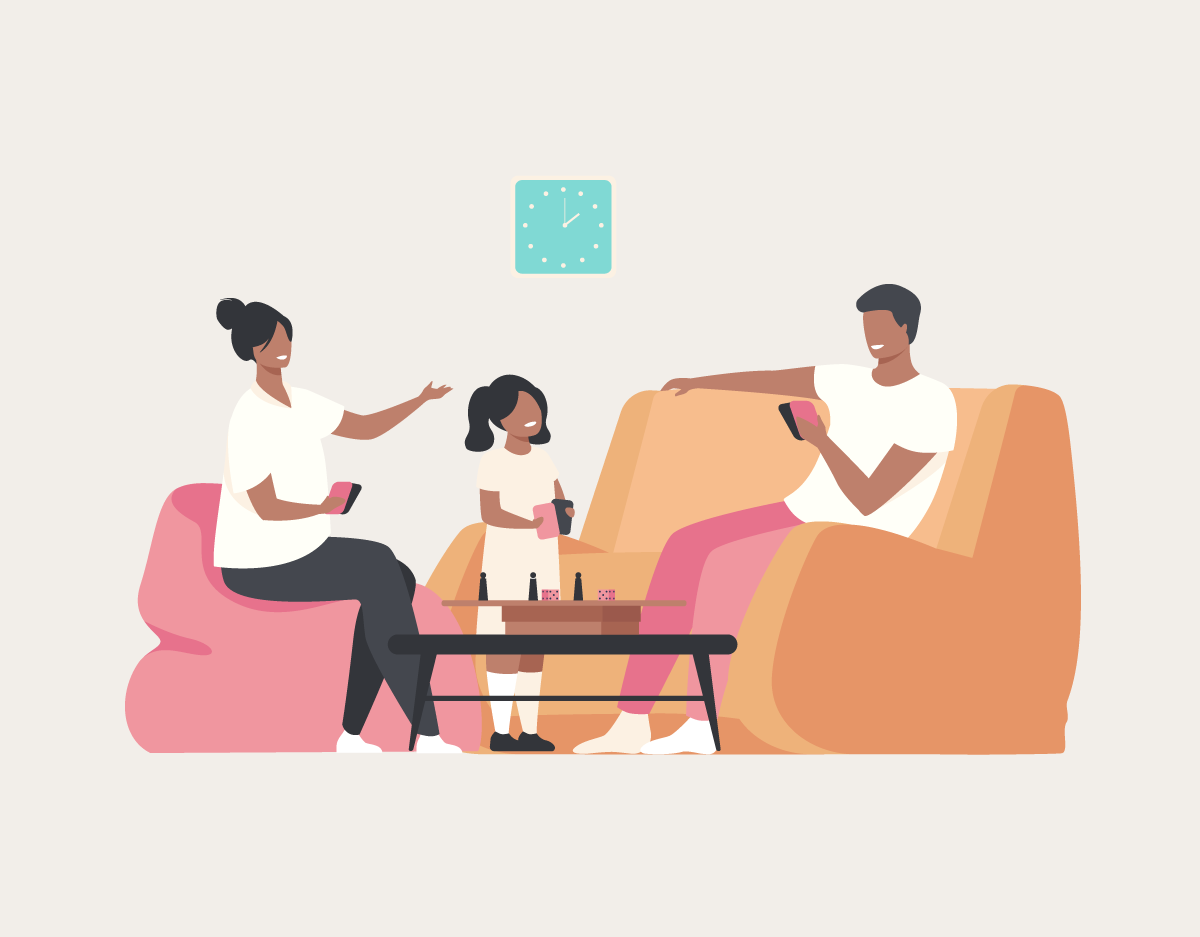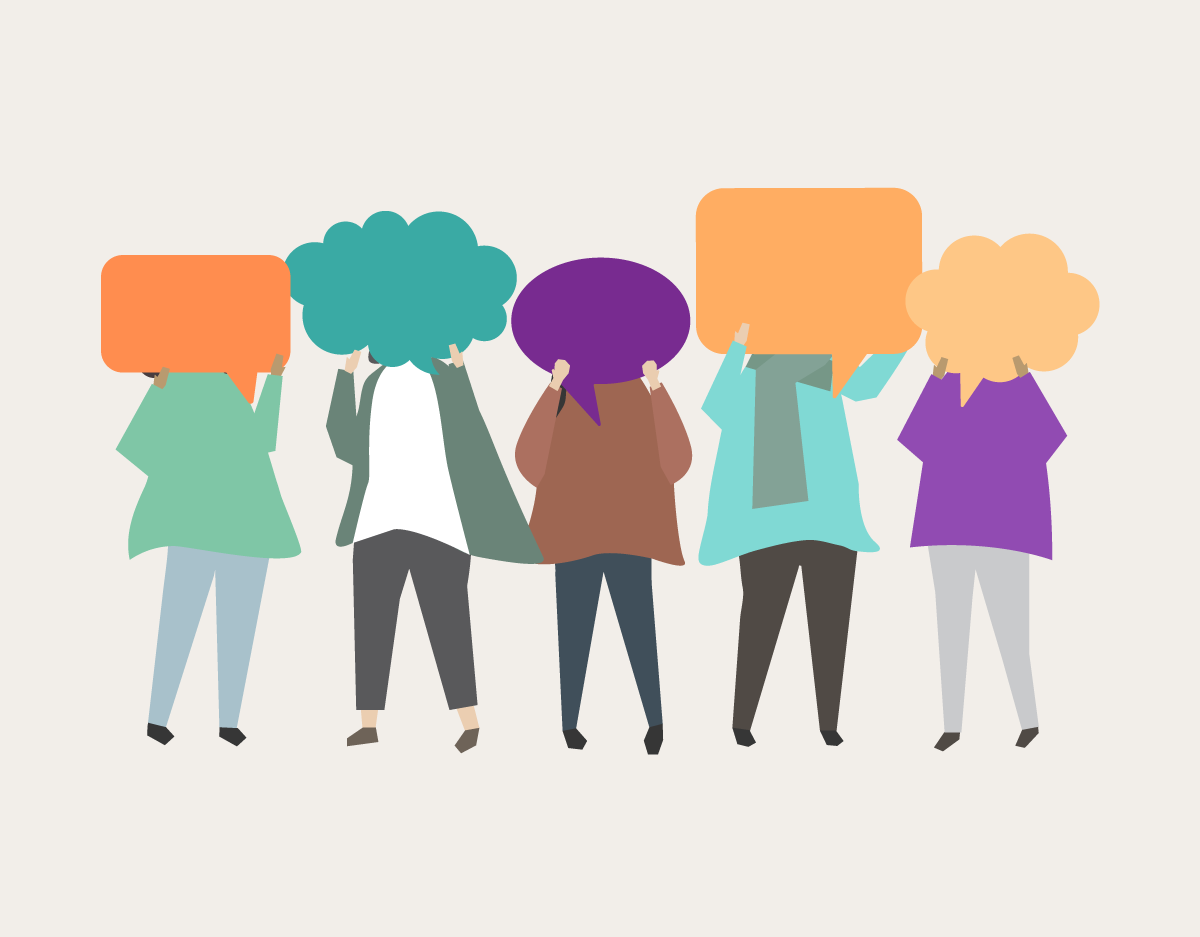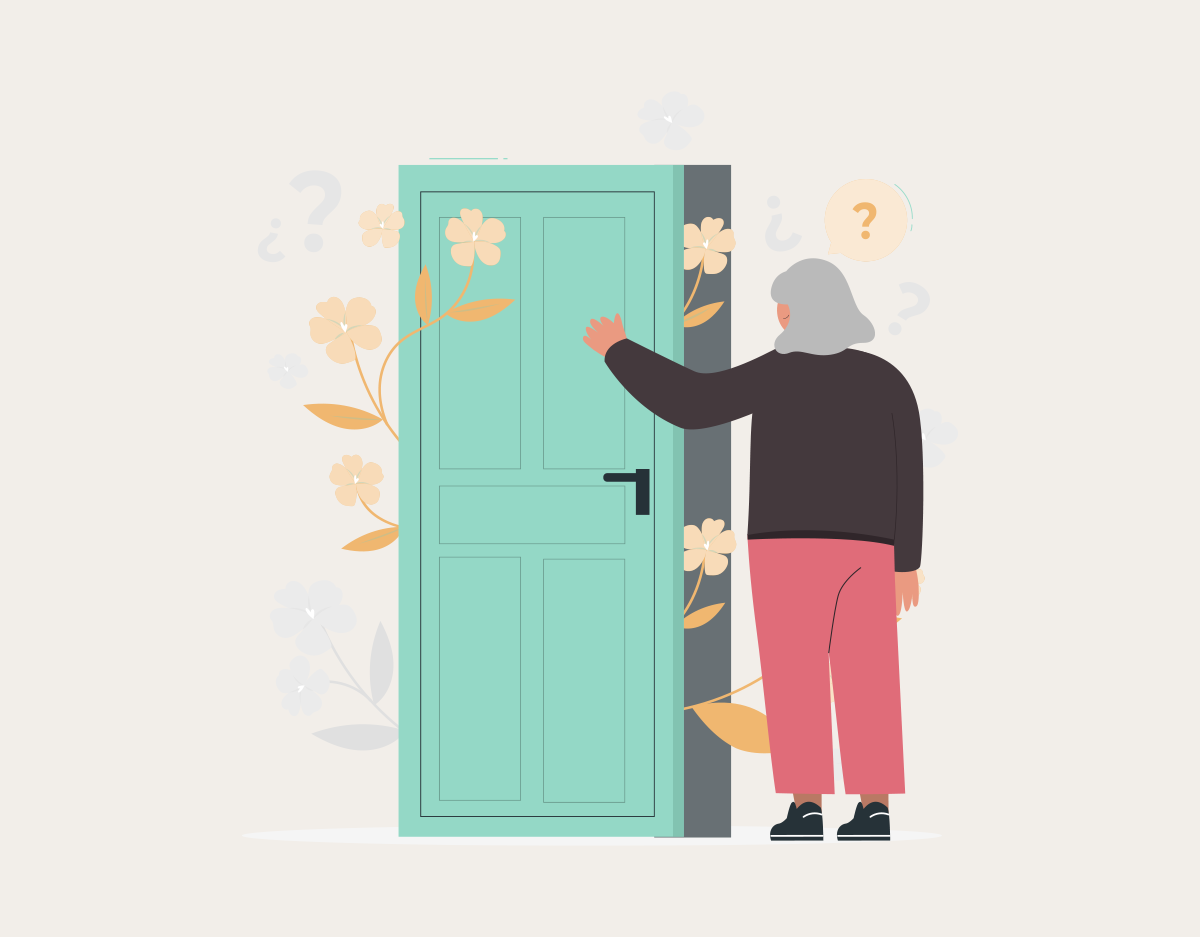Understanding psychotherapy
There are many misunderstandings about psychotherapy, including that psychotherapy and counselling are the same. While the words are often used interchangeably, psychotherapy is a controlled act, which means it can only be provided by a registered professional and must follow the rules set within the act. According to the College of Registered Psychotherapists of Ontario, psychotherapy occurs within a psychotherapeutic relationship that aims to create positive change in thoughts, feelings, behaviours, and social functioning. What is Psychotherapy? – College of Registered Psychotherapists of Ontario (crpso.ca)
Psychotherapy is an opportunity to explore and resolve the root of a problem. It is not about getting advice or answers. Through psychotherapy you can gain new insights and see problems or issues from new angles. This can lead you to your own answers. A psychotherapist can help clear the fog caused by your intense feelings and unhelpful thinking patterns, resulting in what is commonly called an “aha moment”. This in turn clears the fog, showing an obvious path forward.
There are dozens of approaches to psychotherapy. Some therapists may specialize in a single approach, while others use different tools from each approach. Ideally the approach used is the one which best meets your needs, based on your issues, preferences, and unique traits. Knowing what is best can require trying different therapists. If it doesn’t feel right, move on and when you find the right match, trust that you will know.
Regardless of the approach, here is what you can expect from psychotherapy.
- A safe and welcoming place where you feel heard and understood.
- An opportunity to safely explore your own thoughts and feelings without judgement.
- Support in discovering your own answers, rather than getting advice.
- An opportunity to better understand your thoughts, feelings, and behaviours.
Psychotherapy is not an exact science but an opportunity to explore proven strategies to bring about positive change. While it should feel safe, it is not always comfortable. Real change requires getting uncomfortable and sometimes people experience their problems as getting worse before it gets better. It is hard work. However, good therapy is worth the effort
